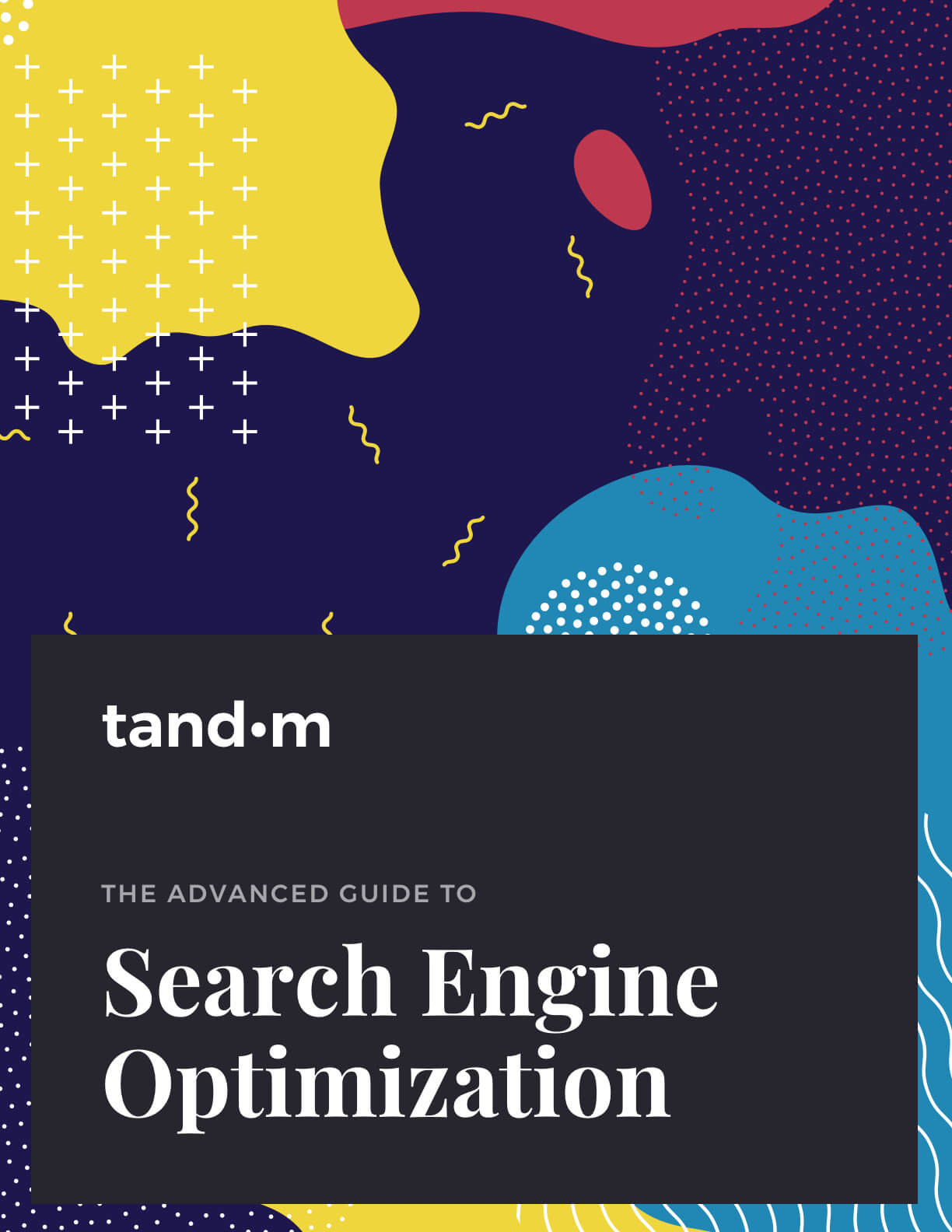A successful SEO strategy combines on-page optimizations and off-page optimizations in order to improve search engine rankings.
This can only be accomplished by understanding and leveraging what we know about search engines and how they crawl and index websites.



